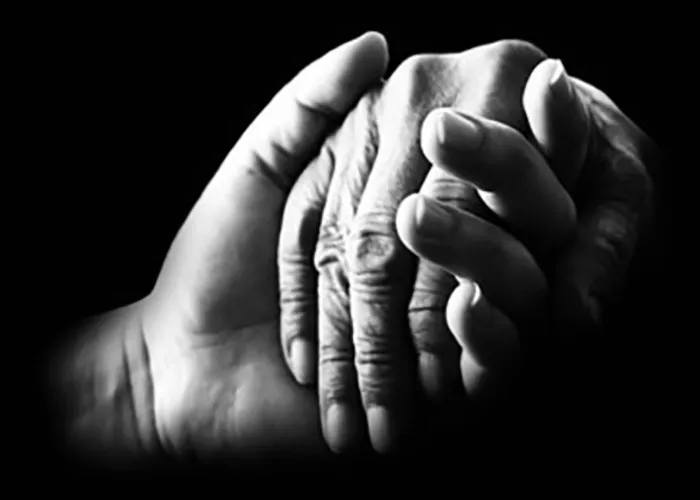Events of the Week– Friday Bulletin Issue14
September 27th – 23rd Rabiul Awwal
The entrance of Fatima al-Ma’suma (a) in Qom; Rabi’ I 23, 201/October 19, 816.
Due to illness, Lady Masuma (S.A) was unable to continue her journey to Khorasan and instead headed to Qom, as her father, Imam Musa al-Kadhim (A.S), had said Qom was the centre of the Shi’ites. The people of Qom warmly welcomed her, and Musa bin Khazraj Ash’ari led her camel as she entered the city on 23rd Rabi al-Awwal, 201 A.H. She stayed in his home but lived only 17 more days, as she had been poisoned in Saveh. Despite her condition, she devoted her time to prayer. Lady Masuma passed away on 10th Rabi al-Thani, 201 A.H.
September 29th – 25th Rabiul Awwal
Peace agreement between Imam al-Hasan (a) and Mu’awiya 41/ 661
Following Imam Ali’s (as) martyrdom, Imam al-Hasan (as) signed a peace treaty with Mu’awiya in 661 due to Mu’awiya’s refusal to pledge allegiance and threats from the Khawarij. The treaty aimed to prevent further conflict, requiring Mu’awiya not to appoint a successor and to protect Muslims’ lives. Despite these provisions, Mu’awiya did not uphold any of the agreed terms, leading to continued tensions.
Demise of al-Sharif al-Murtada 428/ 1037
Al-Sharif al-Murtada (966–1044), also known as ʿAlam al-Hudā, was a prominent Twelver Shia jurist, theologian, and elder brother of al-Sayyid al-Radi. A student of al-Shaykh al-Mufid, he had rationalist tendencies in theology and jurisprudence. He authored the first comprehensive Shi’a work on jurisprudence principles and was influential in Qur’anic exegesis. His most famous student was al-Shaykh al-Tusi. He passed away on Rabi’ I 25, 436/October 20, 1044.
National Day of Rumi, greatest mystical poet
Jalāl ad-Dīn Muhammad Balkhī, famously known as Rumi, was born on 29th September 1207 in Balkh, now part of Afghanistan, to Persian-speaking parents. Known as Mawlānā (“our master”) in Iran and Mevlânâ in Turkey, Rumi is one of the most renowned Iranian poets. His sobriquet, Mawlānā, is of Arabic origin and a term of reverence. Rumi’s early life unfolded on the Eastern shores of the Persian Empire, and he later settled in Konya, present-day Turkey, where he produced much of his celebrated poetry.
September 30th – 26th Rabiul Awwal
Day of Solidarity with Palestinian Children and Adolescents
29th September marks the Day of Solidarity with Palestinian Children and Adolescents to honour the memory of the young defenders of the sacred lands. In 2000, on this day, 12-year-old Palestinian boy Muhammad al-Durrah was tragically martyred by Israeli soldiers. The image of his martyrdom, as he hid behind his father to escape the attack of Israeli soldiers, was broadcast repeatedly on television networks worldwide, exposing the atrocities of the occupying regime of Israel and its supporters globally.
October 1st – 27th Rabiul Awwal
Demise of al-Sayyid Muhsin al-Tabataba’i al-Hakim 1390/ 1970
Al-Sayyid Muḥsin al-Ḥakīm (1889-1970) was a leading Shiite authority in Najaf, Iraq. Following Ayatollah Burujirdi’s death, he became a prominent marjaʿ and opposed communism, forbidding party membership. Al-Hakim founded Jama’at al-‘Ulama’ to promote religious activities and supported the Ottoman government during World War I. He authored the significant jurisprudential work Mustamsak al-‘urwat al-wuthqa and established libraries worldwide. Several of his children were persecuted by Iraq’s Ba’th regime, including Sayyid Muhammad Baqir al-Hakim, martyred in 2003.
The International Day of Older People
Observed on 1st October each year. On December 14, 1990, the United Nations General Assembly voted to establish 1st October as the International Day of Older People as recorded in Resolution 45/106. The holiday was observed for the first time on 1st October 1991. The observance of this day is a focus on organisations who cater for an ageing community throughout the world and the United Nations Programme on Ageing.
news via inbox
Subscribe to the newsletter.




